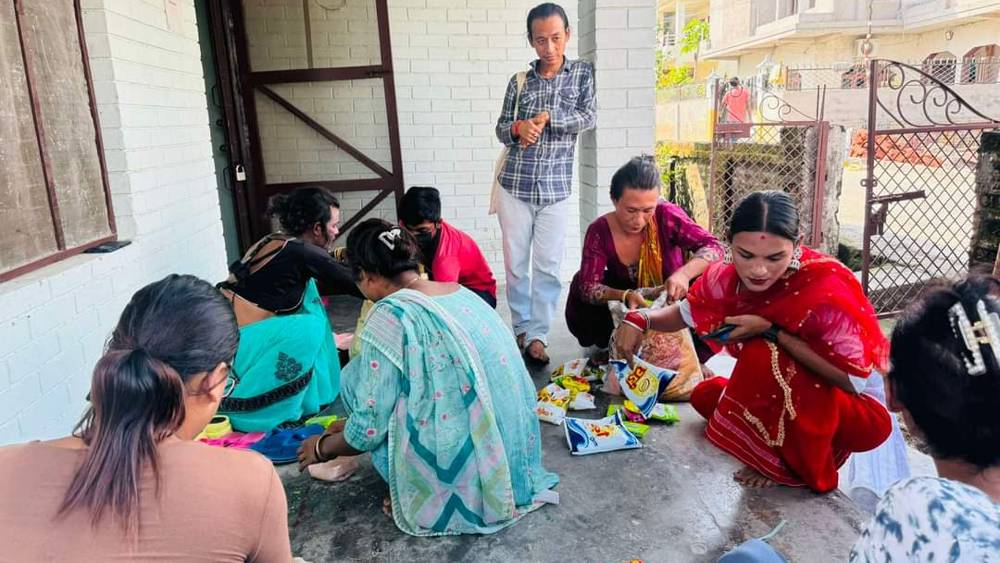
Last week, Nepal faced a devastating natural disaster as excessive rains resulted in widespread flooding and landslides across the country. While relief efforts are underway, they have largely overlooked the needs of the LGBTI community, particularly those identifying as third-gender. This oversight highlights a significant gap in disaster relief and climate change mitigation policies that fail to address the unique vulnerabilities faced by marginalized groups.
As Nepal grapples with the aftermath of the floods, the government and various NGOs are mobilizing to provide assistance. However, reports indicate that relief measures do not adequately consider the LGBTI community, which is already marginalized and at a higher risk during such crises. Many individuals in this community, particularly third-gender persons, often face discrimination when seeking housing and employment, making them more susceptible to the adverse effects of disasters.
For many third-gender individuals, renting safe accommodation is a challenge, forcing them into vulnerable situations. They often find themselves in poorly constructed homes in flood-prone areas, exacerbating the impact of natural disasters. The recent flooding in Nepal has left many of these individuals homeless, with limited access to necessary relief efforts.
One notable example is Shashi Kadam, an NGO based in Butwal City, Rupendehi District, which has been working to provide small relief materials to affected third-gender individuals. Their efforts, while commendable, highlight the broader systemic issue of exclusion faced by the LGBTI community in disaster response plans.
The lack of inclusion in disaster relief and climate change mitigation policies not only reflects a broader societal disregard but also poses serious challenges to recovery efforts. Many in the LGBTI community find themselves invisible in the eyes of policymakers, resulting in inadequate support during times of crisis. This is particularly concerning given that climate change is expected to increase the frequency and intensity of such natural disasters, placing already vulnerable populations at even greater risk.
In order to create a more inclusive disaster response framework, it is crucial for policymakers and organizations to actively engage with the LGBTI community. This includes ensuring that relief projects address their specific needs, as well as incorporating their voices in climate change discussions.
As Nepal continues to navigate the aftermath of these floods, it is imperative that the needs of all citizens—especially the most vulnerable—are recognized and addressed. Ensuring that relief efforts are equitable and inclusive will not only aid in recovery but also foster a sense of community resilience against future disasters.
The road ahead requires a commitment to understanding and addressing the unique challenges faced by marginalized groups, ensuring that no one is left behind in times of crisis.
Sunil Babu Pant,
Cultural Emissary for Inclusive (Pink/Rainbow/LGBT+) Tourism in Nepal;
Executive Director, Mayako Pahichan Nepal, Mayakopahichan.com
Film Maker, Meditation Guide, First openly gay member of Parliament in Asia from Nepal. Founder of Blue Diamond society, first lgbitq rights organisation in Nepal.
Former Buddhist Monk
(Spiritual name: Anaagarik Kashyap)
Copyright © All right reserved to pahichan.com Site By: Sobij.